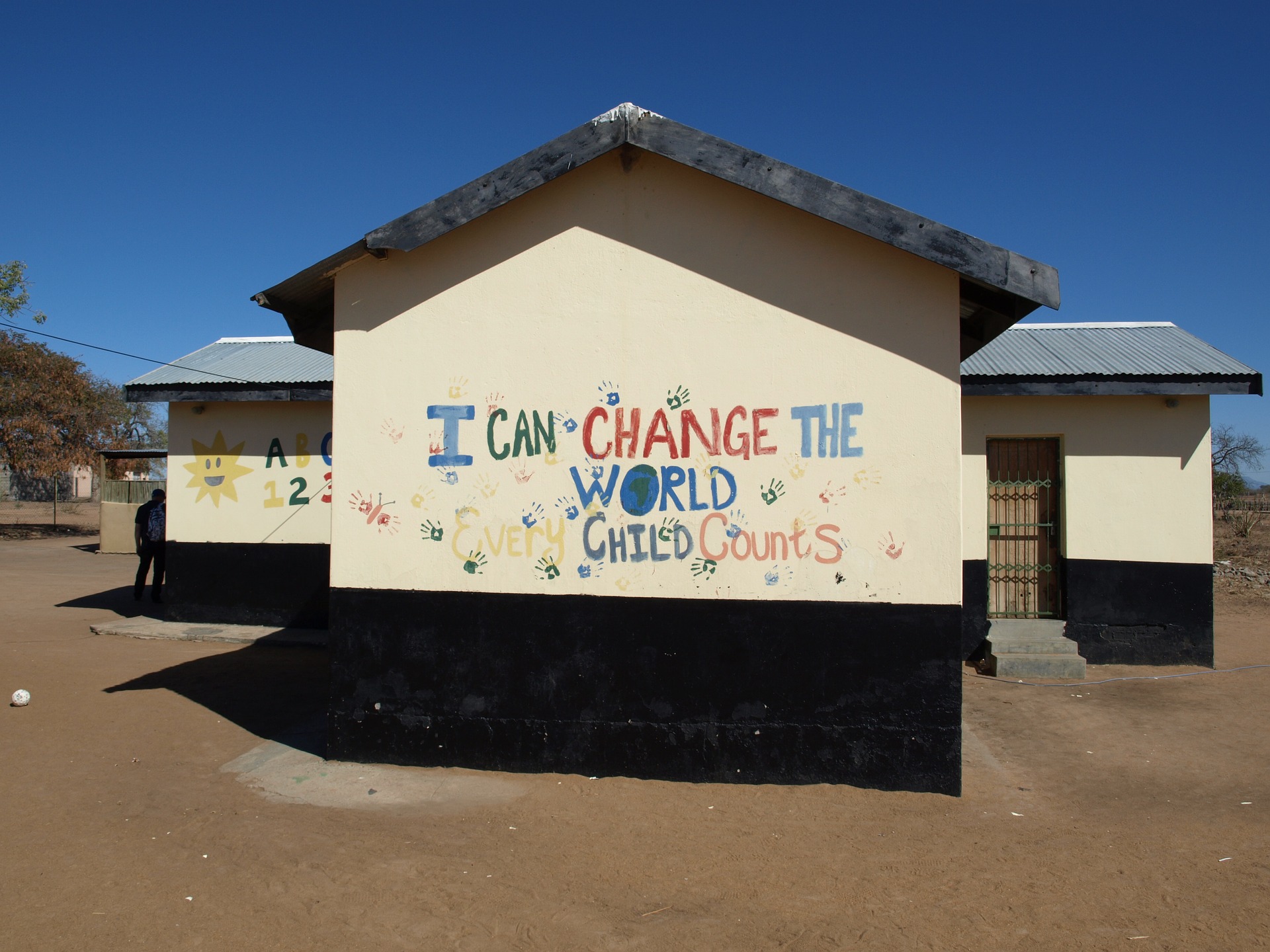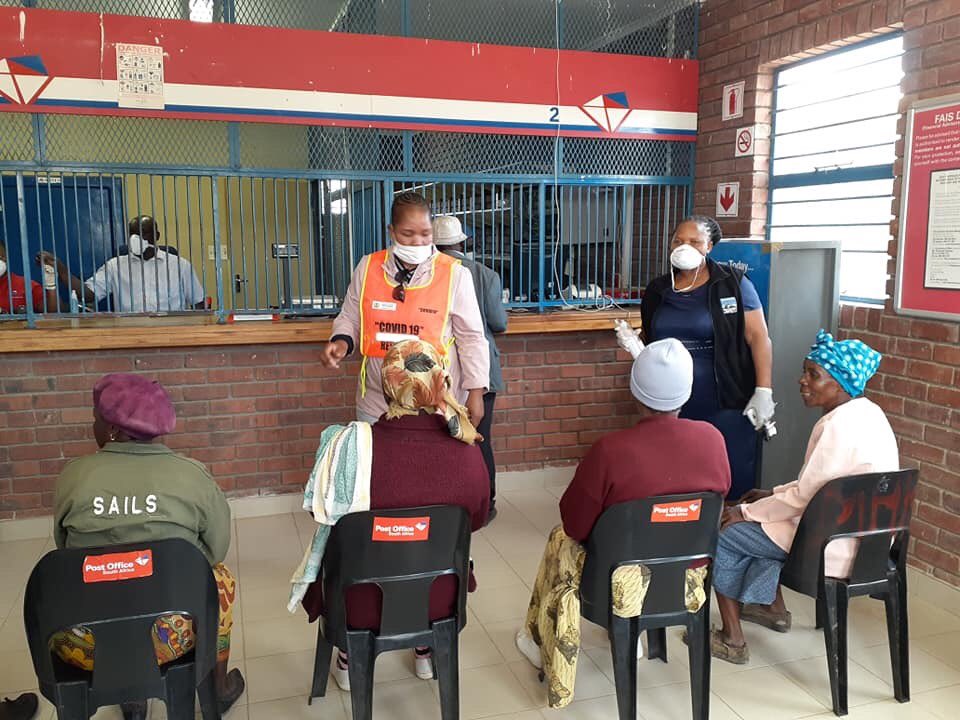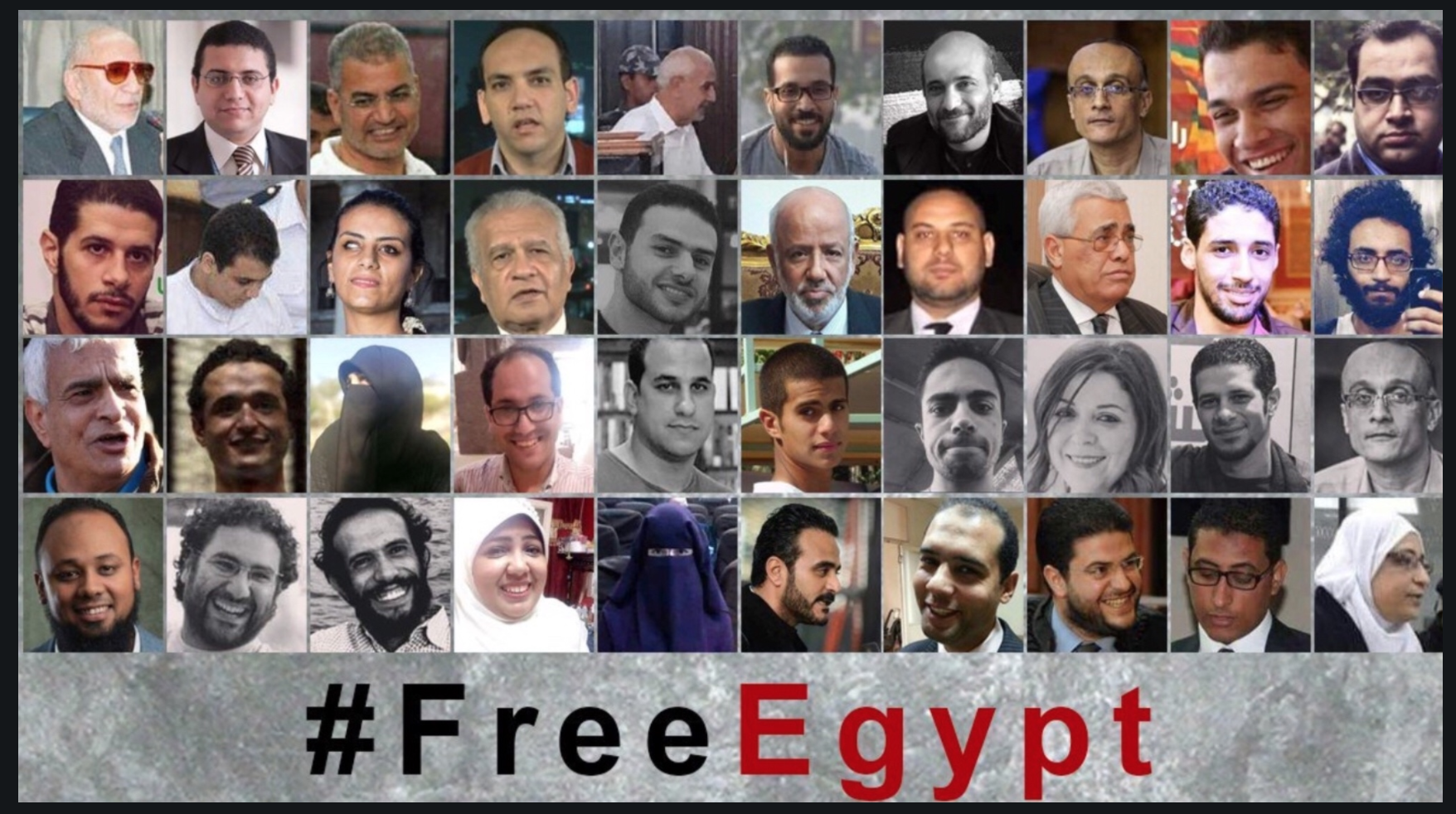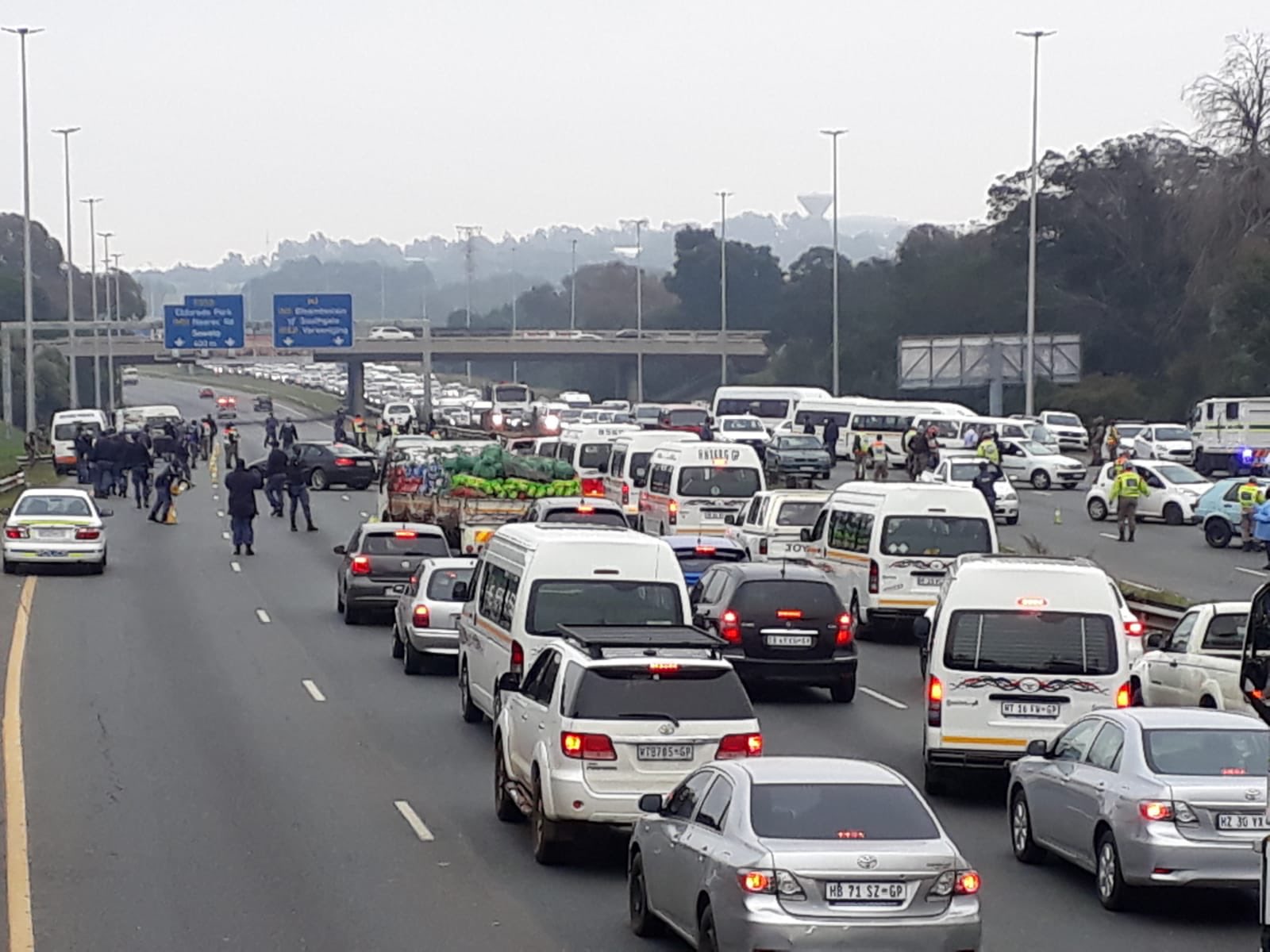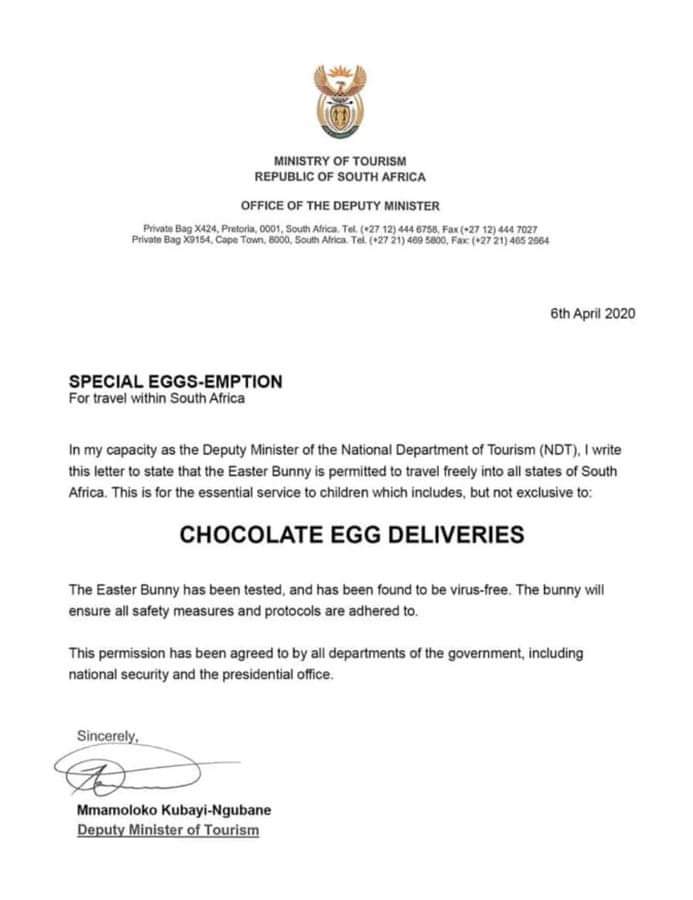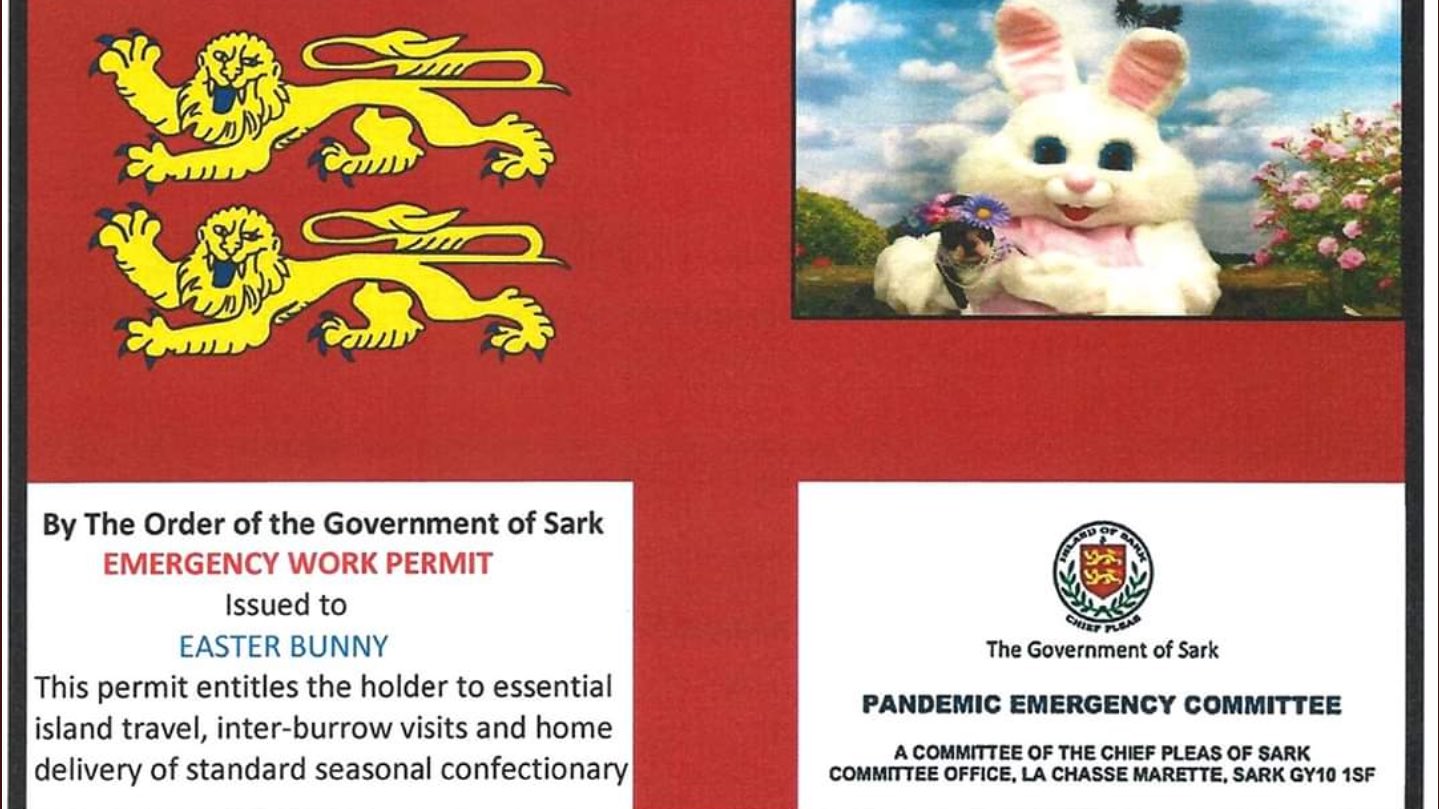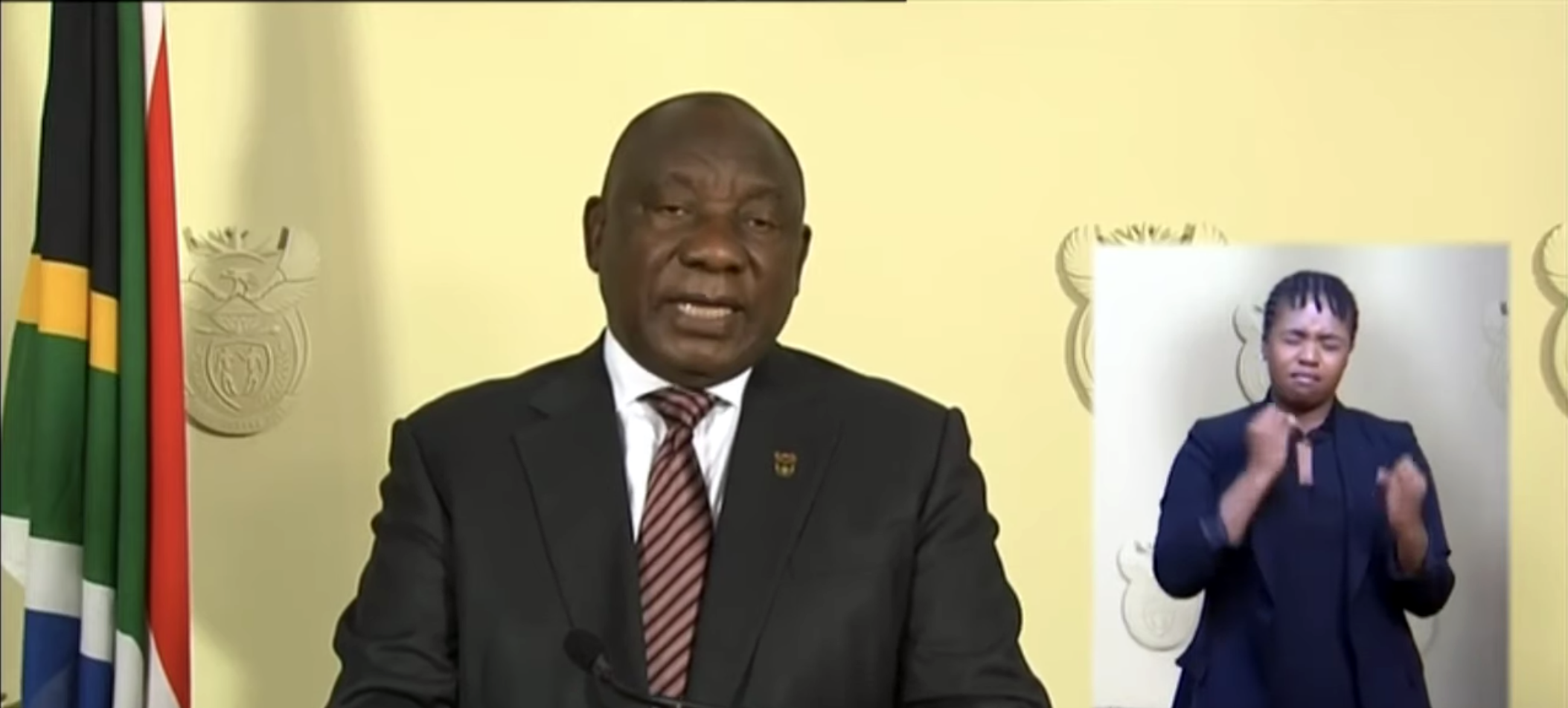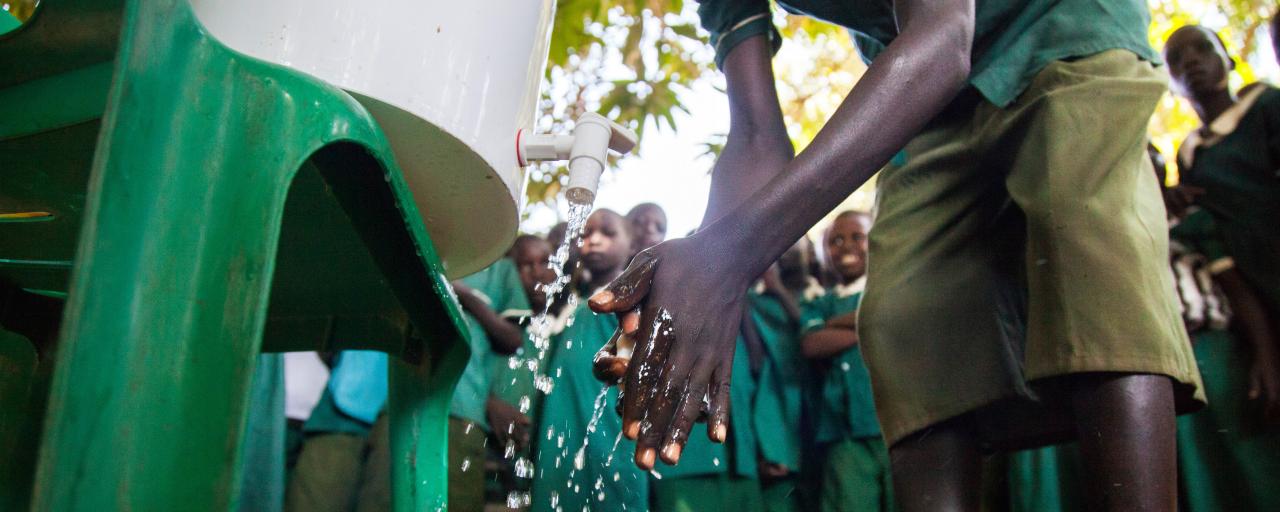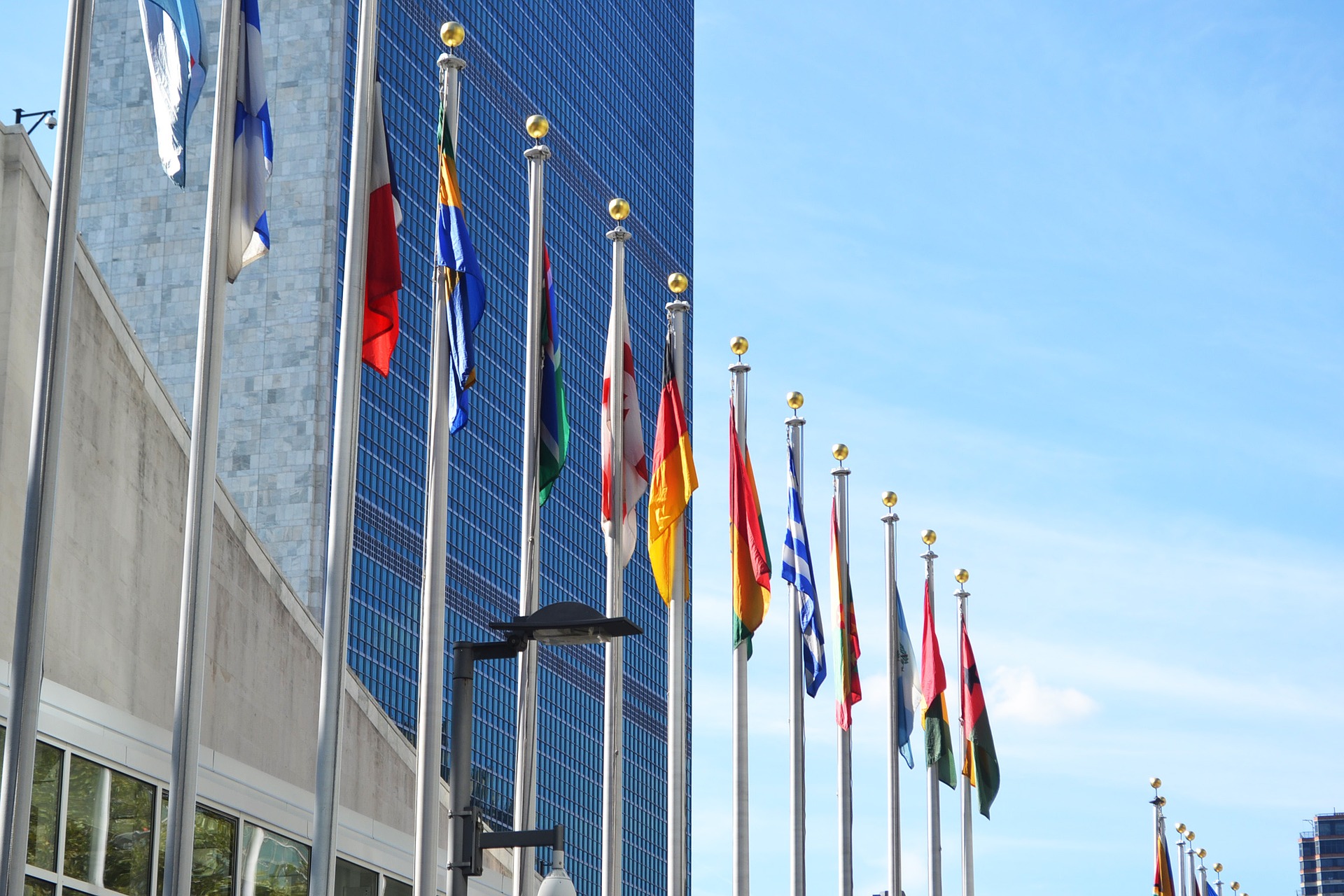MAIN IMAGE: South African schools remain closed as the nation’s lockdown continues until the end of April. SOURCE: Henk Pijper, Pixabay
With the South African government having extended the country’s lockdown until the end of April, concerns are rising about whether the school year can still be completed on time.
The concern is being raised especially because so many students lack the technology to work remotely and because a number of school buildings have been damaged and vandalised.
Since the nationwide lockdown began on March 18, 183 schools across the country have been vandalised,the Minister of Education, Angie Motshekga revealed this week. . This includes 55 schools in Gauteng Province, 72 schools in Mpumalanga, seven schools in North West and three schools in KwaZulu-Natal.
In a letter to the nation released on Monday, President Cyril Ramaphosa denounced these acts of violence as “despicable”.
“It is a great indictment of our society that dozens of schools have been burgled, trashed or burnt to the ground,” he wrote. “When the lockdown is lifted and learning resumes, thousands of our children will have no school to return to, depriving them of the right to education.”
Even for students whose school buildings remain untouched, difficulties stand in the way of completing the school year as planned. According to StatsSA’s 2016 report, only 9.5 percent of households have internet access, and more than half of those surveyed primarily use their mobile phones to access the internet.
In an editorial for the DispatchLIVE, former DA Shadow Minister of Basic Education Wilmot James argued that switching to online schooling would therefore prove difficult for most South African students. Instead, he wrote that students in poorer areas and informal settlements should be provided with “software-ready tablets for online education”.
The government is reportedly considering efforts to try to “save” the school year, according to Sunday Times. Possibilities include earlier starts to the school day, evening and weekend classes, scrapping ‘nonessential’ parts of the curriculum in certain subjects, and scrapping the June and September school holidays.
According to Department of Basic Education Spokesperson Elijah Mhlanga, a committee will be deciding whether students in grades 1 to 12 will still need to write their end-of-year exams.
Plans for future school years have also been put on hold. The South African government announced on April 4 that applications for the 2021 school year have been indefinitely suspended.
In addition, the South African government has been broadcasting educational material on SABC, according to Business Tech. These broadcasts started on April 9 and have been meant to support curriculums for grades 10 to 12 and Early Childhood Development.
However, some of the broadcasts have been criticized by viewers, especially for the decision to include some celebrities in educational broadcasts. The hashtag #CelebritiesAreNotTeachers has been gaining traction across social media.
The broadcast featuring socialite Mohale Motaung-Mhlongo, which aired on April 1, has been especially ripped apart. In the broadcast, Motaung-Mhlongo said that acronyms and abbreviations are “short words that are used to modify our nouns”, and that in the sentence, “I’m sitting quickly”, “quickly” is an adjective that describes the “noun”, “sitting”. The link to the lesson has been removed from his Instagram account.
As schools have closed, so too has a regular source of food for many students. Several organisations, including Equal Education, the Children’s Institute and the Equal Education Law Centre, have penned a letter to request Motshekga to reopen the national school feeding program despite the closure of schools.
“With the president announcing the extension of the lockdown until the end of April, a pressing need is ensuring that learners have continued access to critical nutrition provisioning,” the letter said. “Nine-million children ordinarily benefit from the scheme. For many of these learners, the meal received at schools is often the only meal in the day.”
The letter also added that the use of food vouchers should be considered in places where school-based feeding programmes are not available.




